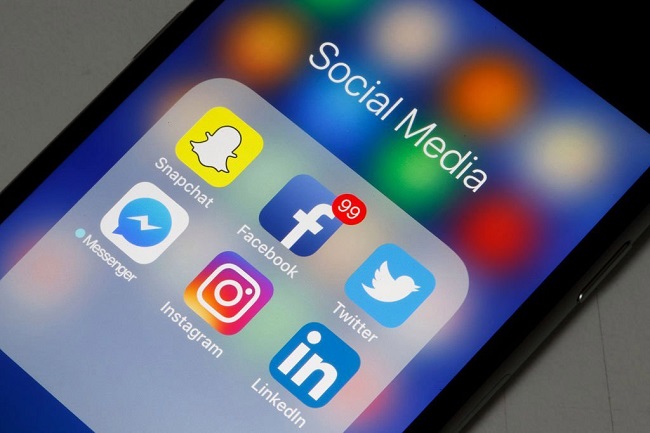 English
English

The notion that social media makes teens susceptible to body image issues along with eating disorder behaviours, has got a scientific backing as the same was proved in a new study.

Washington D.C: The notion that social media makes teens susceptible to body image issues along with eating disorder behaviours, has got a scientific backing as the same was proved in a new study.
Social media is leading young adolescent girls and boys down a worrying path towards developing body image issues and eating disorder behaviours - even though they are smartphone savvy, stated the study published in the International Journal of Eating Disorders.
Also Read: Spirituality apps are inducing addiction than relieve stress, scholars argue
The study found platforms with a strong focus on image posting and viewing such as Instagram and Snapchat are the most used and the riskiest.

Flinders and University of Western Australia researchers surveyed 996 Year 7 and 8 'middle school' adolescents on their use of Instagram, Facebook, Tumblr and Snapchat.
Behaviours related to disordered eating were reported by 51.7 per cent of girls, and 45 per cent of the boys, with strict exercise and meal skipping to lose weight or prevent weight gain being the most common.
Also Read: Social media not actually linked to teen anxiety, depression
A total of 75.4 per cent of girls and 69.9 per cent of boys had at least one social media account, with Instagram the most common. This was despite half the sample being younger than 13-years-old, the recommended minimum age for these platforms.

The more social media accounts, and greater time spent using them, were associated with a higher likelihood of disordered eating thoughts and behaviours, said lead author Dr Simon Wilksch, Senior Research Fellow in Psychology at Flinders University.
Also Read: Facebook tests hiding Likes for your mental well-being
"A key component of preventing eating disorders is to give the message that our self-worth should be defined by a mix of our abilities, values and relationships," he continued.
Pressing on the fact that social media seems to encourage young people to focus strongly on their appearance, Dr Wilksch explained that "to find these clear associations between disordered eating and social media use in young adolescent girls and boys suggests that much more needs to be done to increase resilience in young people to become less adversely impacted by social media pressures." (ANI)